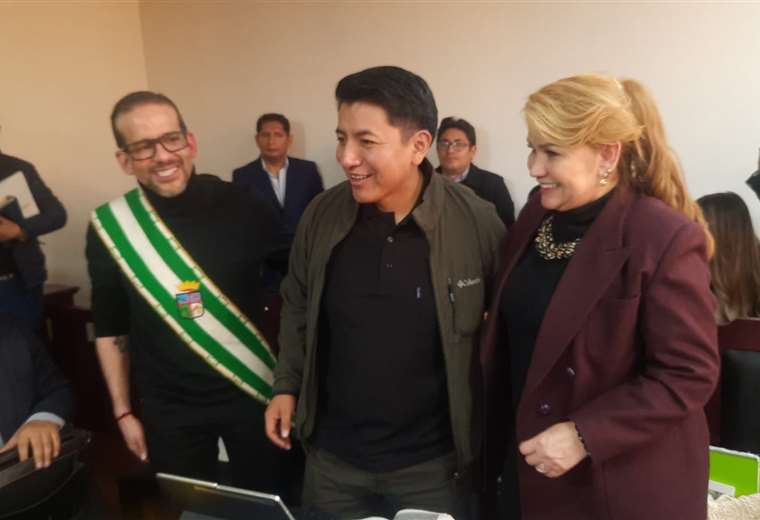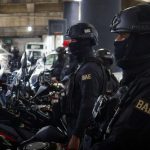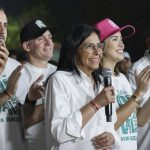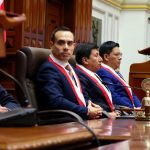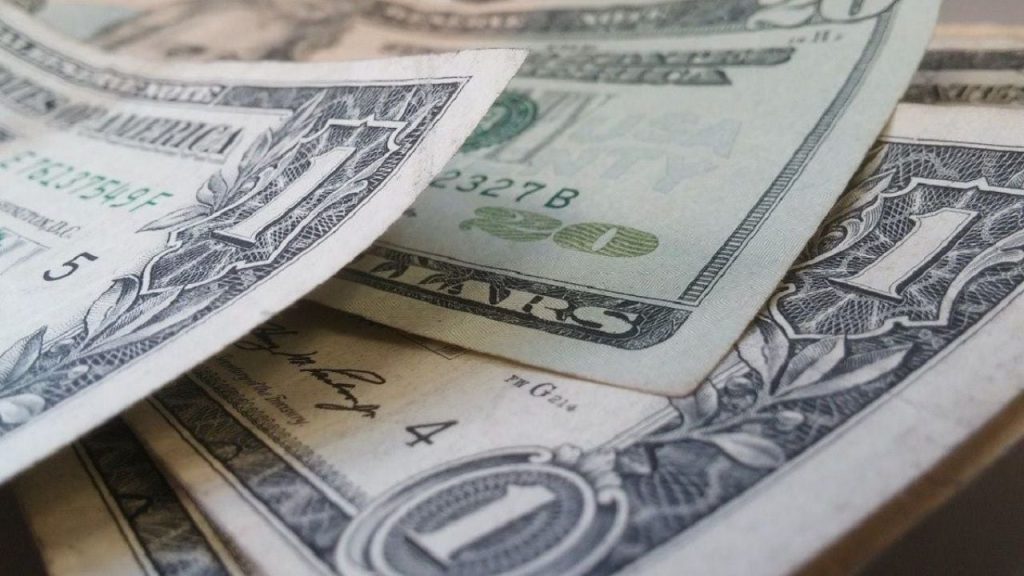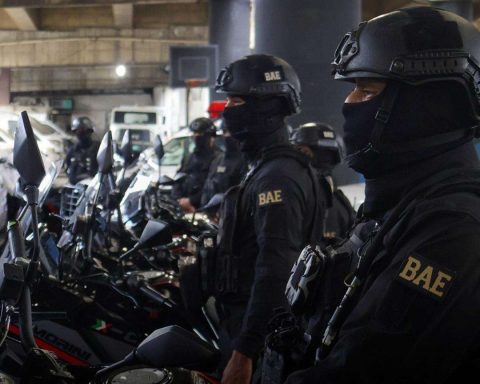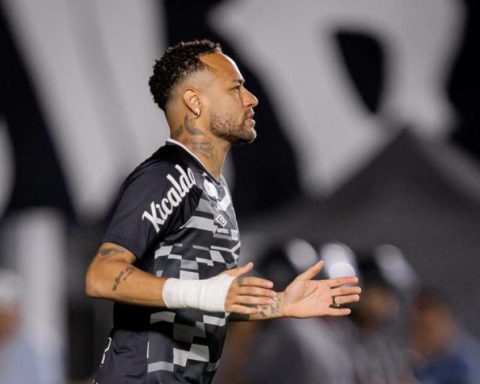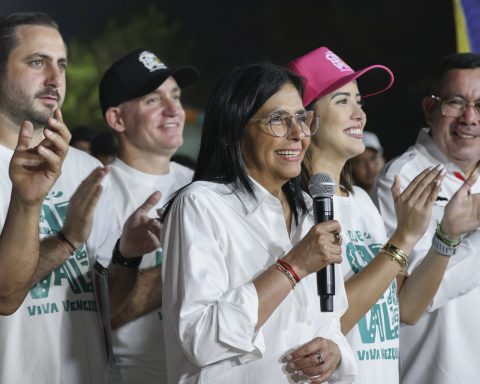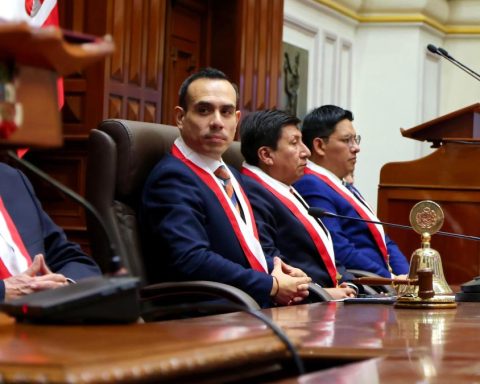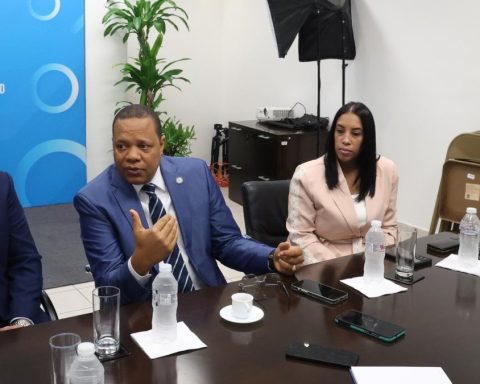October 19, 2024, 12:28 PM
October 19, 2024, 12:28 PM
The lawyer of the elected governor of Santa Cruz, Martín Camacho, spoke this Saturday with the Qué Semana program on Radio EL DEBER and revealed that the meeting that Luis Fernando Camacho, Marco Antonio Pumari and Jeanine Áñez had in the trial for the ‘Golpe I’ case ‘ It was “enjoyable” and they talked a lot during the time they were together.
“It was quite pleasant (the reunion), in fact they were talking a lot. I believe that Luis Fernando and Marco, the same as the former president Jeanine Áñezthey had many things to talk about, It was actually a quite relaxed situation, beyond what a trial could be for anyone,” he commented.
The beginning of the trial was favorable for Camacho, Pumari and Áñez to be able talk together for the first time in more than two years. According to the jurist, the three talked during the five hours that the hearing was suspended.
“We were in court for about 10 hours, in which almost five were recess and at that time There was a lot of talk, a lot of contact and laughter.Furthermore, there was never a moment of tension, not even with the Police themselves, despite the fact that there were more than 50 police officers in a fairly small apartment, but everything was quite relaxed beyond the allegations and everything that was involved in the hearing process.” , revealed Martín Camacho.
In that hearing was removed from the trial of the ‘Golpe I’ case former president Jeanine Áñez because her legal defense argued that she cannot be tried or convicted twice for the same crime.
The governor’s lawyer insists that at the end of 2019 there was no coup d’état in Boliviabut rather “the flight of Evo Morales that left a vacuum in power” was recorded, which caused a constitutional succession.
“We are certain that in this trial it will be possible to demonstrate that the year 2019 there was no coup d’étatbut what existed was a monumental fraud committed by former President Evo Morales in the elections and then an abandonment of power. With his flight he left a power vacuum that led to a constitutional succession in which he had the hard work of assuming the presidency of Bolivia from former president Jeanine Áñez,” he explained.
